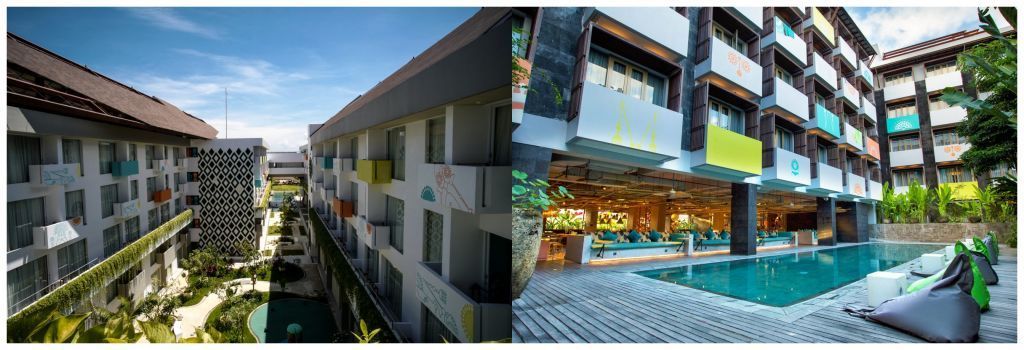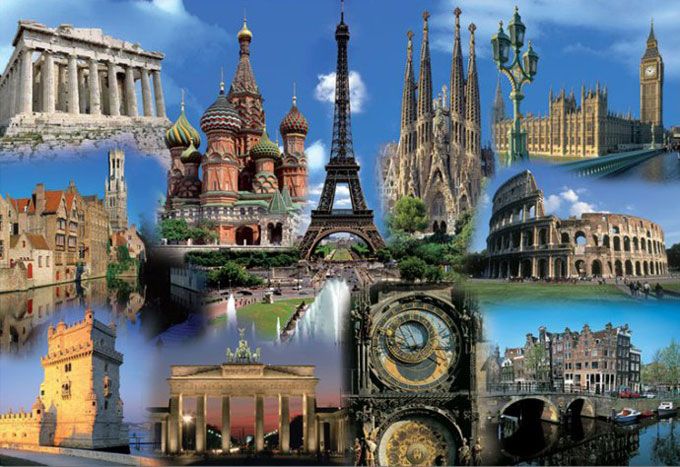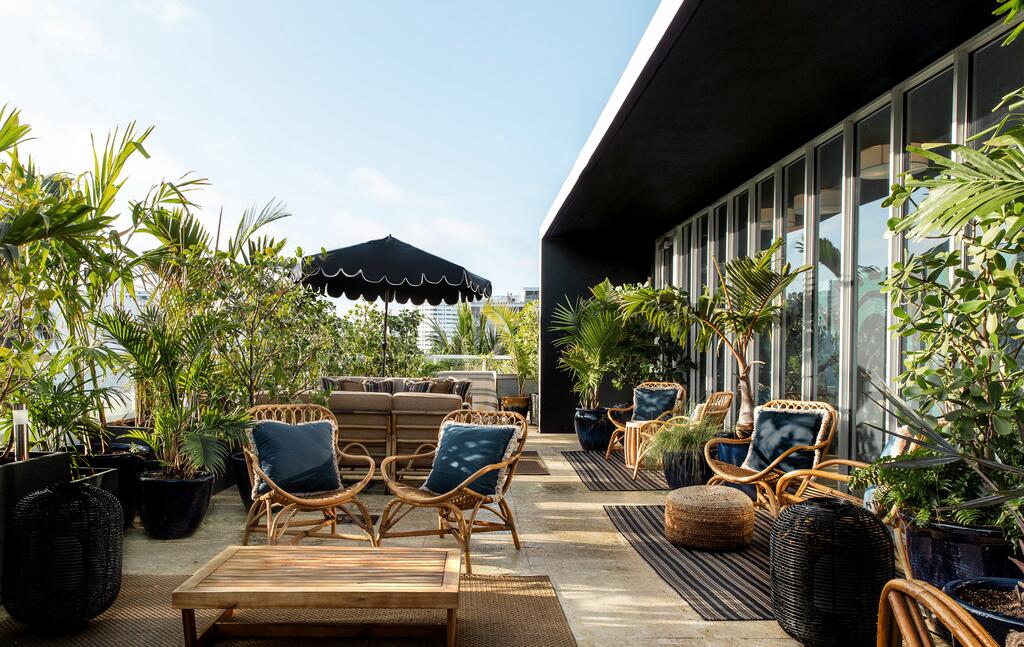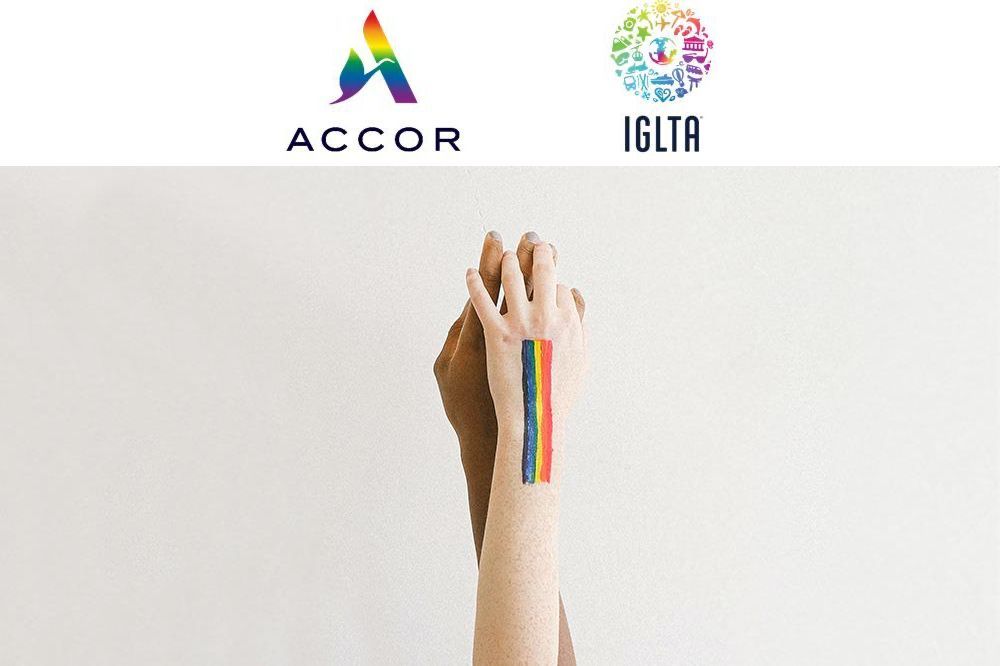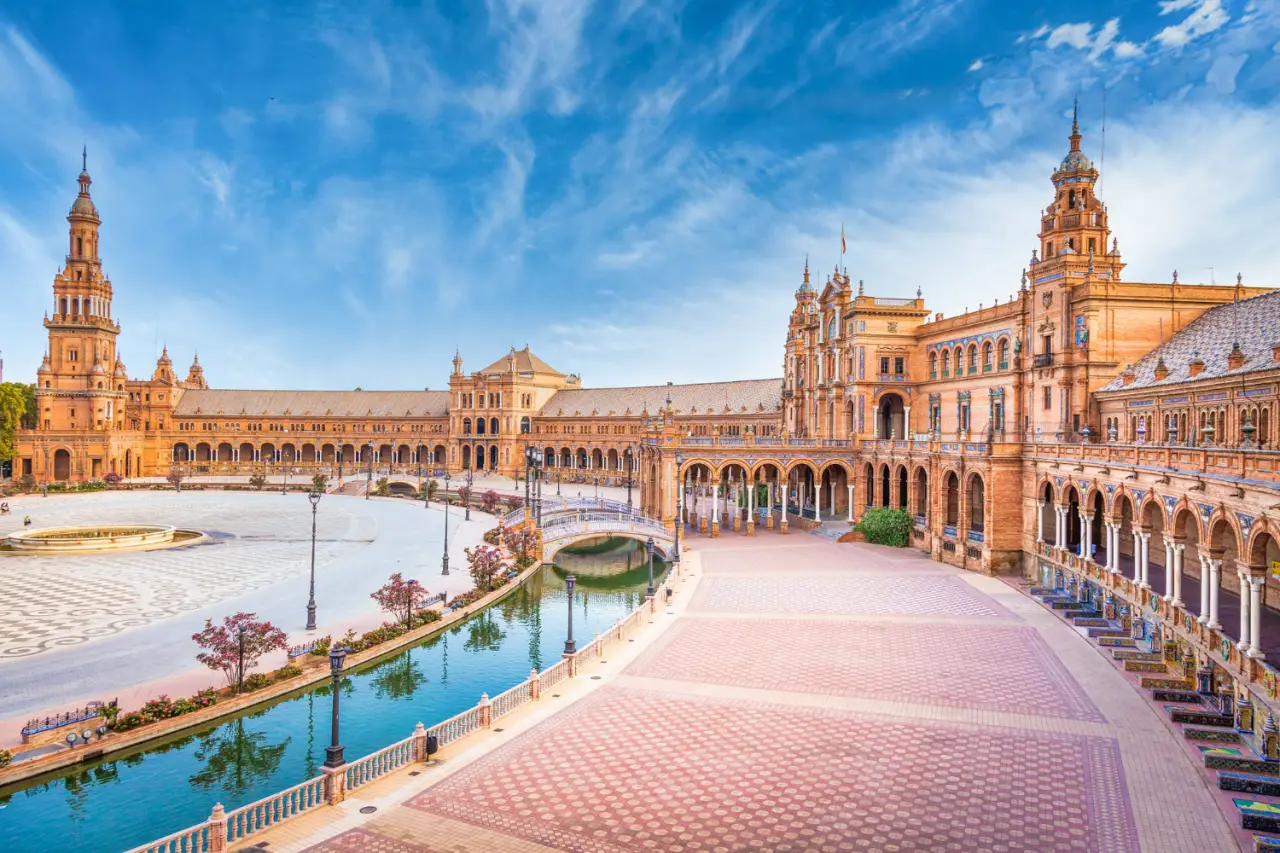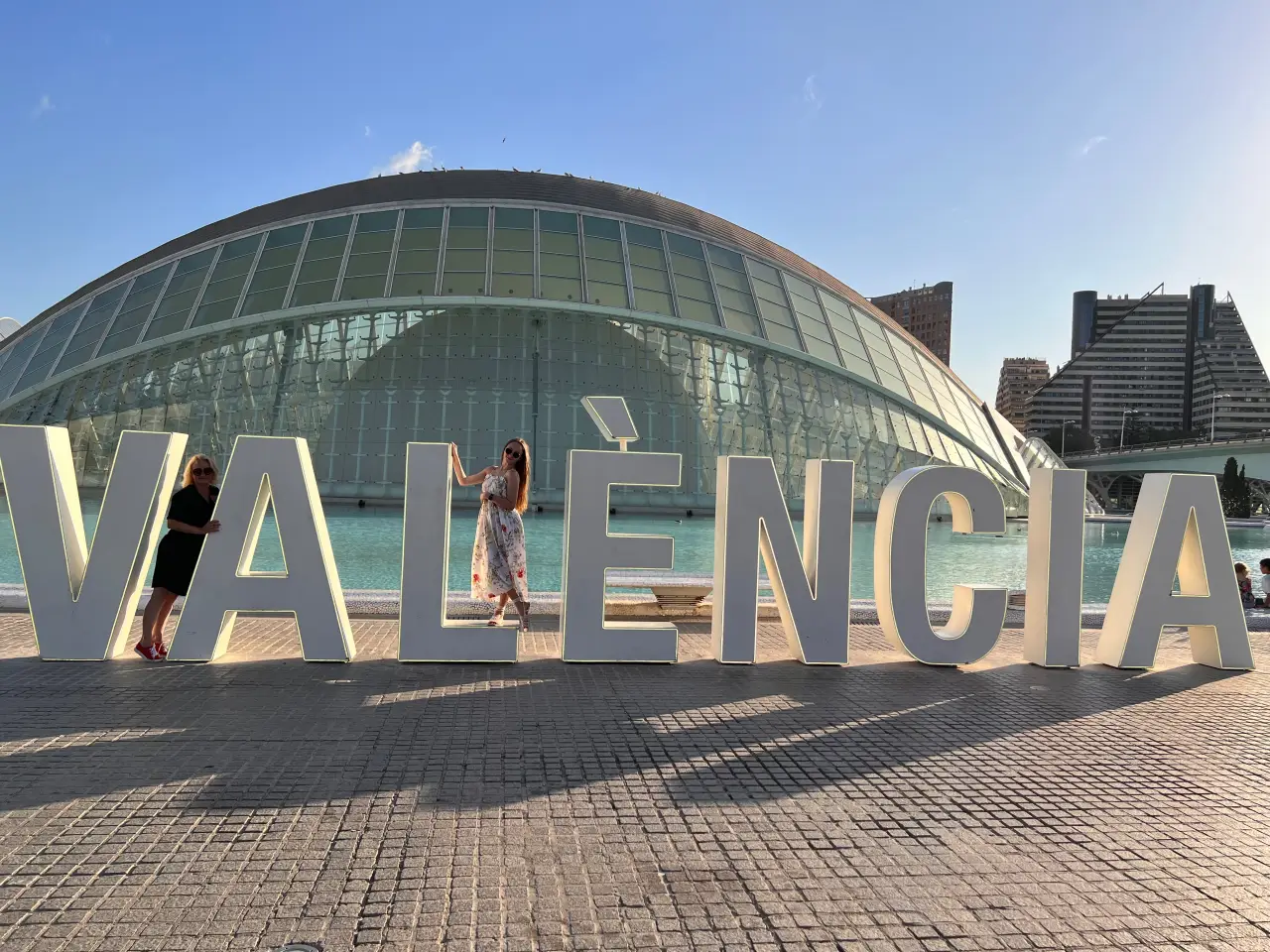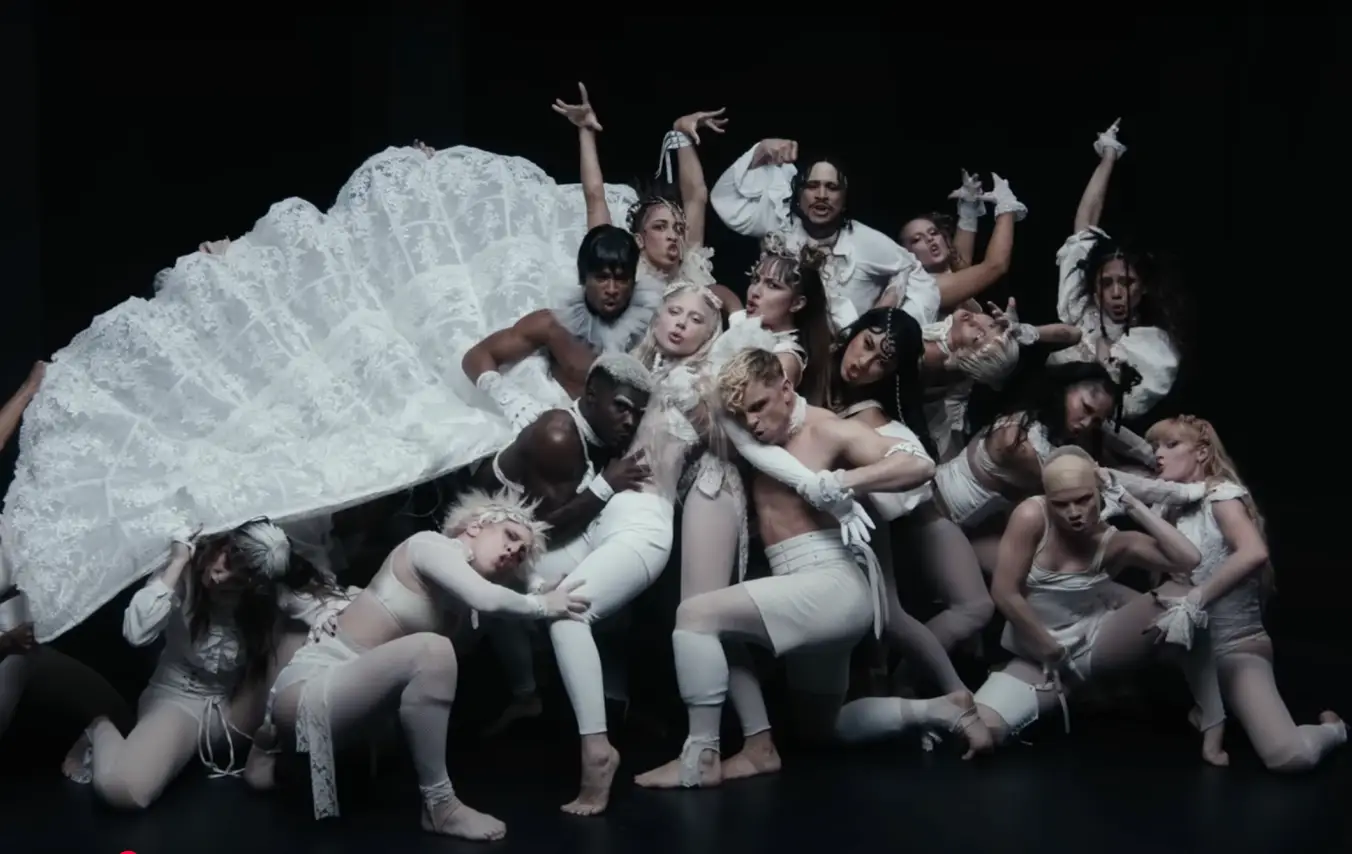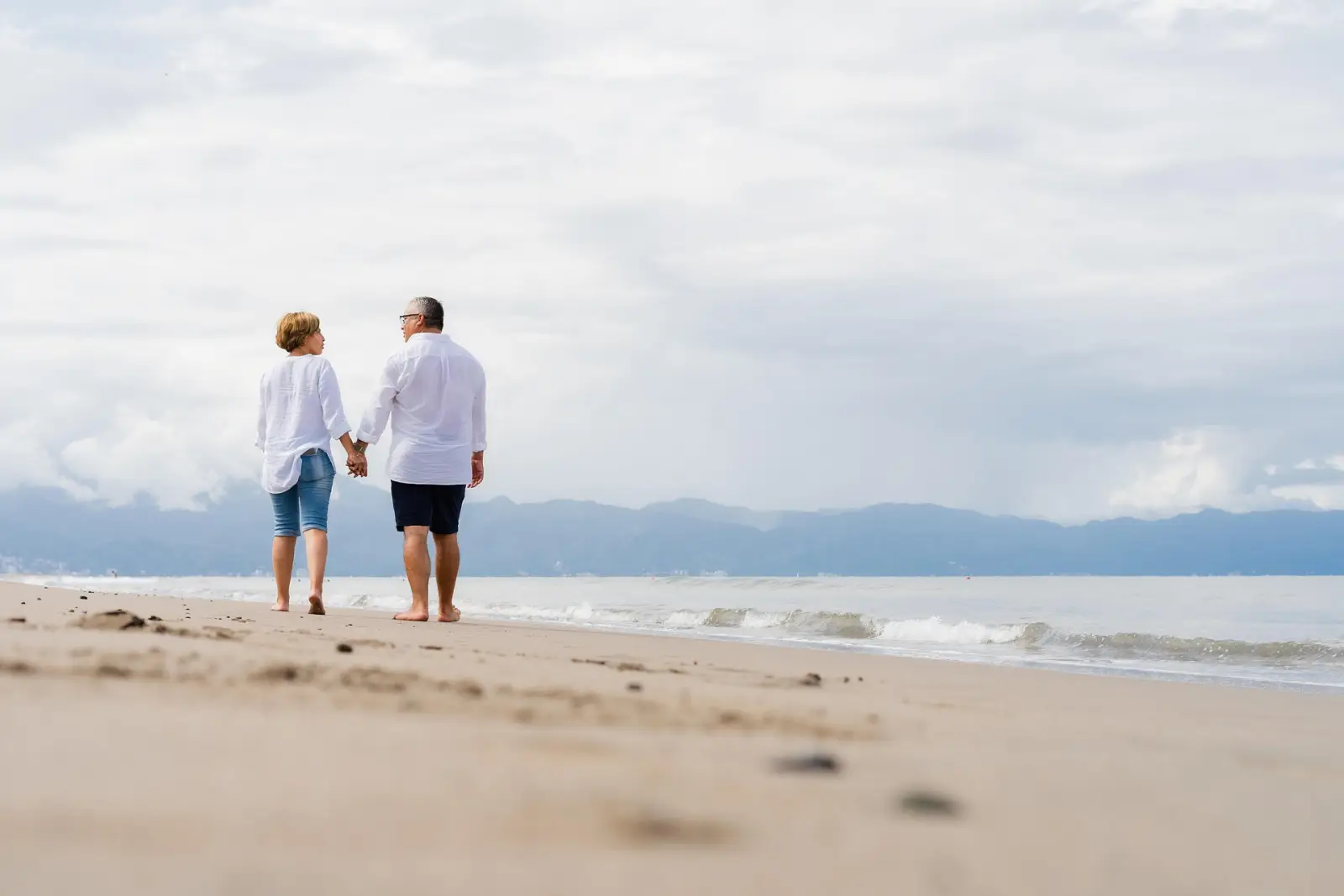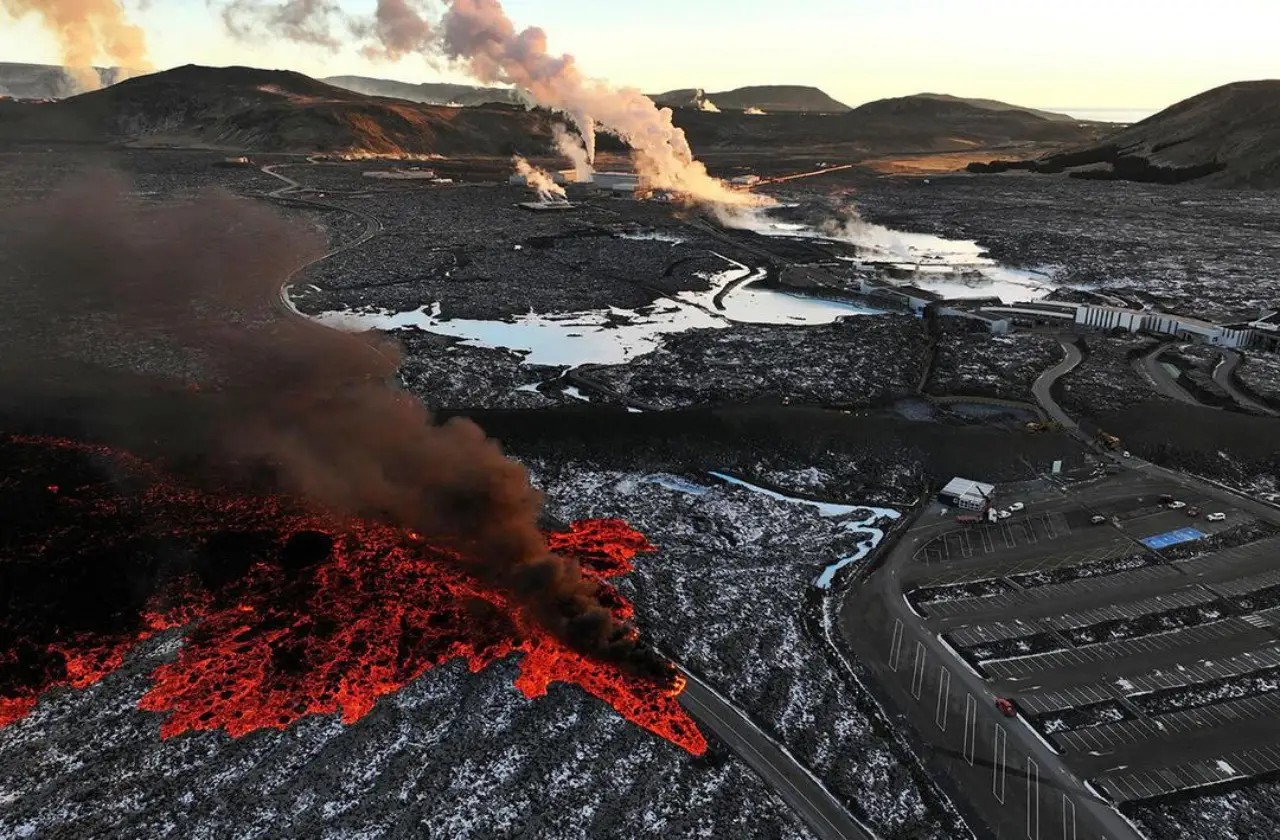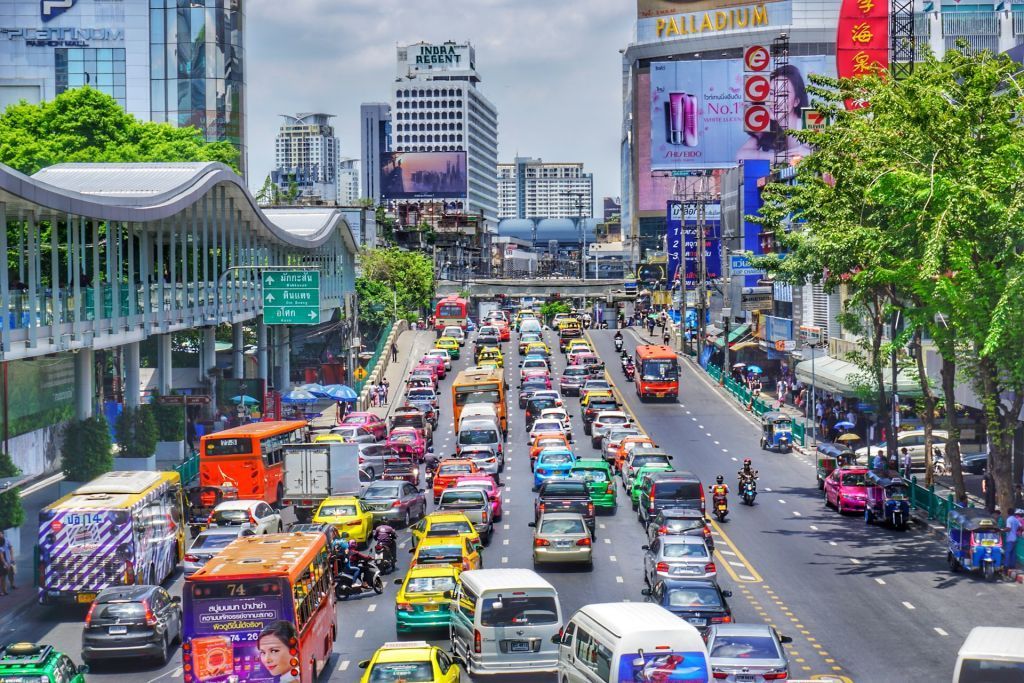A new United Nations World Tourism Organization (UNWTO) report praises Mekong Tourism’s 2017 Mekong Tourism Forum (MTF) as a global best practice in inclusive tourism.
The innovative event, hosted by the Provincial government of Luang Prabang, the Ministry of Culture, Tourism, and Information (MICT) of Lao PDR, and executed by the Mekong Tourism Coordinating Office (MTCO), took place across several community venues in Luang Prabang including boutique hotels, local restaurants, a heritage craft centre, the city’s botanical garden, a rice farm, a golf club, a silk weaving centre, a hotel training school, and even a couple river-cruise boats along the Mekong river.
Instead of concentrating activity on one large venue, the forum rather empowered local businesses and residents to participate and benefit from the four-day conference. The UNWTO marked this execution as a showcase model “for practical public action” toward strengthening inclusive tourism efforts globally.
“They are paths towards inclusion that are adaptable, modular and scalable, and facilitates the transformation of tourism models towards socially and economically inclusive models,” the UNWTO proclaimed of the projects featured in the published report, titled as ‘Global Report on Inclusive Tourism: Model and Success Stories’.
“MTF 2017 in Luang Prabang, hosting over 400 delegates, demonstrated that by making the destination the venue, and having delegates spread out to experiences various tourism products, matched with topical sessions, true engagement can be achieved,” said Jens Thraenhart, Executive Director of the MTCO. “This event was truly an event by the industry for the industry.”
MTF 2017, themed as ‘Prosper with Purpose’, aimed to make meaningful strides to prosper collectively in fellowship with one another — tourism professionals, business owners, media and community members alike, Thraenhart added. The initiative was also designed to be in accordance with the United Nations ‘International Year of Sustainable Tourism for Development’, a point stressed in the report.
“As globalization, interconnectivity and a growing middle class leads to ever more people travelling, the world will continue seeming to get smaller and inclusion will become even more of a priority,” said UNWTO Secretary-General Zurab Pololikashvili.
In a release sent out by the UNWTO, Secretary-General Pololikashvili said that success stories like MTF 2017 “will serve as an important tool for the tourism community to create and promote inclusion in destinations, and a valuable reference for all tourism stakeholders in developing best practices for a more inclusive sector.”
The report also mentioned the 2018 Mekong Tourism Forum, hosted by the Ministry of Tourism and Sports of Thailand in the town of Nakhon Phanom, bordering to Lao PDR at the Mekong River. The 2018 MTF concept, themed “Transforming Travel – Transforming Lives” followed on the inclusive and experiential nature of last year’s event by innovatively hosting eight thematic strategy workshops in eight community-based villages, and integrating the villagers in the discussions and actual production.
Also recognised in the UNWTO report was the MTCO’s focus on highlighting plastic pollution by banning single-use plastic water bottles, and turning MTF session venues and hotels doubling as official water refill stations. By giving each delegate a durable and reusable water bottle, the campaign was estimated to have saved the use of over 5,000 single-use plastic bottles during the Mekong Tourism Forum. Plastic straws were also banned from the event, including the Mekong Food Festival, and replaced by sustainable bamboo straws produced by Luang Prabang-based organisation Bamboo Lao.
“We think that the MTF should play a leading role by showing that sustainable environmentally-friendly goals and actions are compatible with conference events,” said Thraenhart. “Through this, we wanted to stress the urgency and effect of reducing single-use plastic in Asia right now, which we believe will have a profound impact on life around the Mekong River,” he added.
The Mekong Innovative Startups in Tourism Accelerator Program (MIST), a joint initiative between the MTCO and the Asian Development Bank, supported by the Australian Government, was also acclaimed by the UNWTO for its unique tourism startup accelerator platform, which offers early-stage startups from Cambodia, Lao PDR, Myanmar and Viet Nam access to publicity, investment opportunities as well as mentorship and direct access to the tourism ecosystem.
“MIST, integrated into the Mekong Tourism Forum to connect startups with travel organizations, was one of the first international programs in connecting promising startups with the travel and tourism industry via a pitch competition and accelerator program,” said Thraenhart. “I personally believe that it is critically important for us to embrace innovation and integrate new startups into the tourism ecosystem by mentoring passionate young entrepreneurs,” he said.
The global report, produced in collaboration with UNWTO Affiliate Member globaldit, featured 16 organisations in total, all of which can be found enclosed here: Global Report on Inclusive Tourism Destinations


